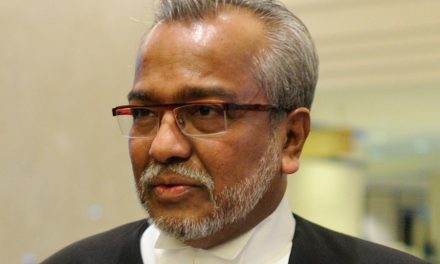11 March 2014. Office of Anticorruption and Integrity (OAI), the internal arm of Asian Development Bank (ADB) set up to focus on prevention, oversight, investigation, and deterrence corruption released its annual report today.
During the last year (2013), OAI received 250 complaints. Ms. Clare Wee head of OAI said that the most common type of integrity violation was relating to work experience, qualifications, and technical and financial capacities of consulting firms or consultants. Of the 250 complaints received OAI investigated 239 cases and closed 76. Integrity Oversight Committee, a three-member panel, that imposes sanctions on errant firms and individuals, confirmed sanctions on 30 companies and 30 individuals. Almost half of the complaints came from ADB’s own staff.
ADB debarred 324 entities, in partnership with four other multilateral development banks.
It is not clear from the information released by ADB, the proportion of integrity violation in the public sector and private sector projects. In the developing countries it is not surprising if 50% of the aid went into the pockets of politicians and civil servants. They plunder openly and falsify the records. The integrity violation due to consultants not having appropriate qualification is only a minor infraction compared to the open plunder from the aids to states. They put the money into their own pockets and leave it to the future generations to pay these long term debts. OAI should go after the politicians and public administrators for infringements and ensure that the aid fully goes to benefit the poor.
The ADB has provided Islamabad two programme loans and technical assistance amounting to $355 million for the Energy Sector Restructuring Programme. The ADB loans complemented IMF’s $596m standby credit and $300m structural adjustment loan from the World Bank. The loans total $1.25 billion. On evaluating the ten year period after granting the loan ADB said that it was not happy as the cost of electricity generation has not reduced. This is a familiar story, heard many times. Neither ADB nor the World Bank can do anything about it. The politicians and public administrators get away with impunity.
It will be easier to monitor integrity violations in private sector projects. These projects are based on commercial viability and the project sponsors will want to ensure project success. Therefore there will be some monitoring on the part of the sponsors. Nevertheless, OAI should monitor infractions in the private sector projects and punish the culprits.
Unlike in the case of UN, there is no public knowledge of institutional corruption in ADB. Nevertheless, OAI should be vigilant in monitoring this as well otherwise ADB will become another UN.














